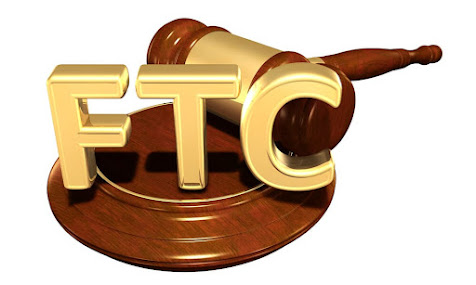Federal Trade Commission
The Federal Trade Commission is the nation’s consumer protection agency. So if a business doesn’t deliver on its promises or if someone cheats you out of your money, the Federal Trade Commission wants to hear about it. FTC deals with issues that touch the economic life of every American.
Telling the Federal Trade Commission helps us stop rip-offs, scams, and fraudsters. The complaints matters here to file a complaint just go to the website and answer the questions or call FTC HELP. It can help put the cheaters out of business.
Some complained examples are:
Phone card fraud (I bought a phone card with 350 minutes of calling time, but it cut off after 20).
Identity Theft (I’m getting bills for things I didn’t buy).
Sweepstake fraud (the letter said I had won a sweepstakes, but I had to wire money to cover taxes I did and never heard from them again)
Fake free trial offers (I responded to an advertisement on line for a free trial offer but then I started seeing charges for it every month).
Job scam (I thought the email was from someone who saw my resume and wanted to hire me. But they asked for my bank account number).
History of the FTC
FTC was created in 1914; its purpose was to prevent unfair methods of competition in commerce as part of the battle to “bust the trusts”.
Over the years, Congress passed additional laws giving the agency greater authority to police anticompetitive practices.
In 1938, Congress passed a broad prohibition against “unfair and deceptive acts or practices.” Since then, the Commission also has been directed to administer a wide variety of other consumer protection laws, including the Telemarketing Sales Rule, the Pay-Per-Call Rule and the Equal Credit Opportunity Act. In 1975, Congress gave the FTC the authority to adopt industry-wide trade regulation rules.




Comments
Post a Comment